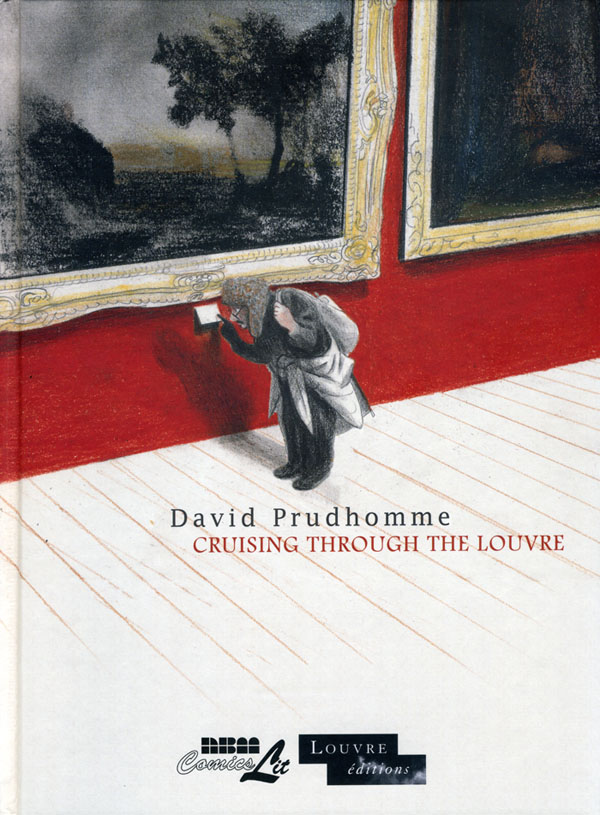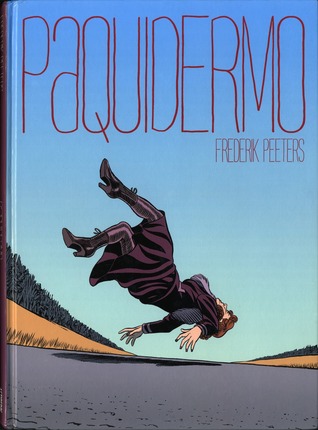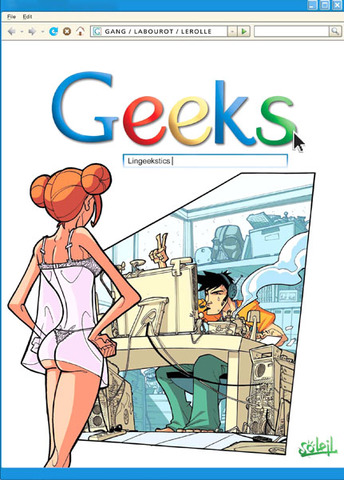Murmur (Lorenzo Mattotti & Jerry Kramsky) (1989)
While on a mission a bomber pilot loses control of his plane and crashes. As doctors fight to save his life, he has a vision that he has run away to the Troubled Zone, and the journal of his travels is the basis of the narrative in Murmur.
Cruising Through the Louvre (David Prudhomme) (2012)
Rather than focusing on one specific artist or masterpiece, as in previous volumes of NBM’s Louvre Collection graphic novel series, this book celebrates the experience of the Louvre itself, in subtle, soft pencils and pastels. Seen through the thoughtful eye of protagonist Prudhomme, the Louvre is a city of its own, filled with celebrities, quirks, familiar and oddball traditions; a microcosm of civilization exists among its myriad visitors. The gentle lines of Prudhomme’s art reproduce the masterworks in delicate detail, but his people are the stars: a man napping on a bench, a class gathered around their teacher, a woman intently sketching a statue. Modern technology is also part of the experience: Prudhomme talks loudly on his cell phone while strolling the galleries, and the Mona Lisa is barely glimpsed from behind cell phone screens taking her photo. With its intimate eye on the human act of appreciating art, this book revels in the Louvre as a shared adventure that complements and illuminates its famous art. - Publisher's Weekly.
Pachyderme (Frederik Peeters) (2009)
Her flight to her injured husband's side interrupted by an injured elephant in the road, Carice Sorrel makes her way to the hospital where her husband Pierre —victim of a drunk driver—waits for her. There, guided by her own future corpse, Madame Sorrel has a series of increasingly surreal encounters; corpses talk, spectral babies wander the halls, and hidden truths crawl towards the light. Caught in a dreamlike path that crisscrosses time itself, a confused and frightened Madame Sorrel struggles to understand her true situation; she faces a terrifying transformation but as the aged, dead Madame Sorrel assures herself, what is frightening and tragic from one perspective can be liberating from another. Each element in the story has purpose and meaning, one that invites close examination. Peeters' is the winner of several European comics awards, and his work rises above mere period piece, offering the reader a story of painful growth and introspection. Masterfully translated by Edward Gauvin, Peeters' tale of self-discovery is enthralling; in the author's hands, Cold War paranoia and thoughtfully subverted realist art provides commentary on other kinds of secrets, other kinds of betrayals and the conflict between duty and need. - Publisher's Weekly.



































